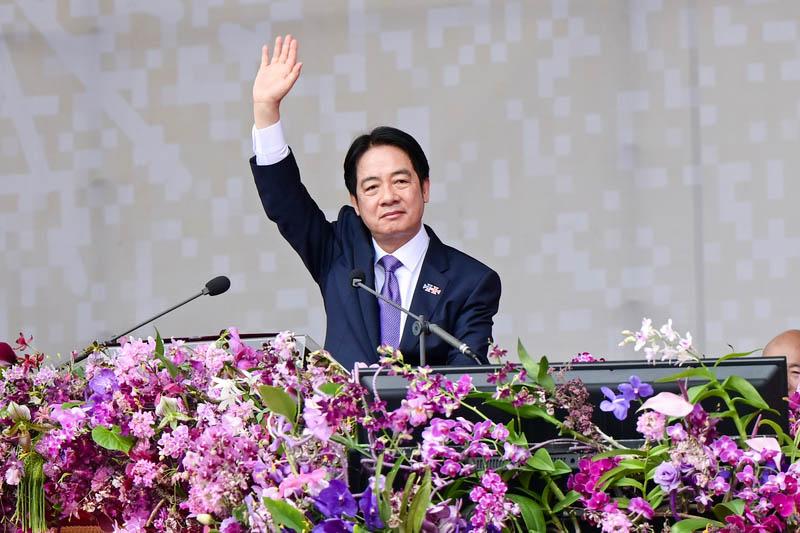TAIPEI, Taiwan—Taiwanese President Lai Ching-te criticized China for undermining regional peace and stability, after the Chinese military launched a new round of drills around the island.
Lai, who took office in May, said in a Facebook post at noon on Oct. 14 that he had convened a meeting with his national security team and that his government had full knowledge of the Chinese military’s activities at the earliest possible moment.





